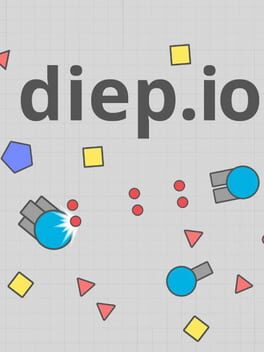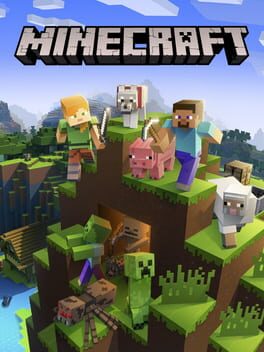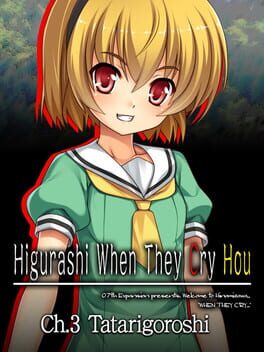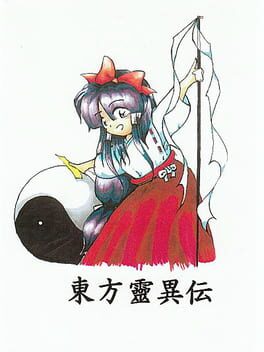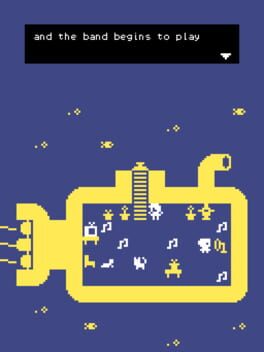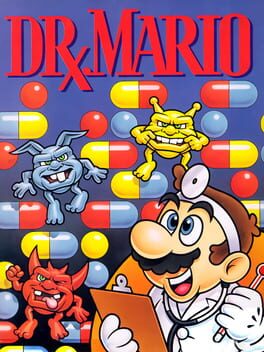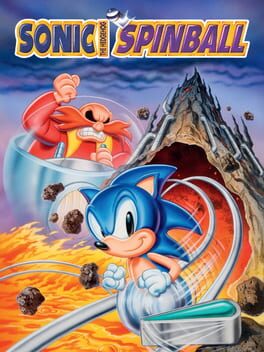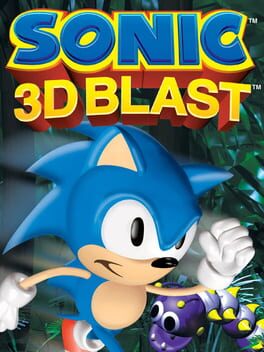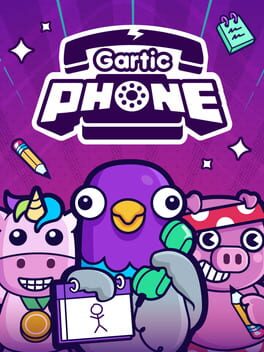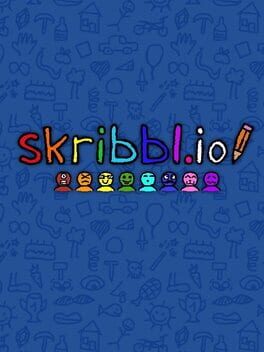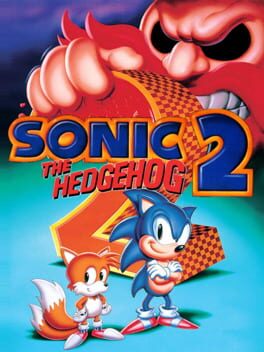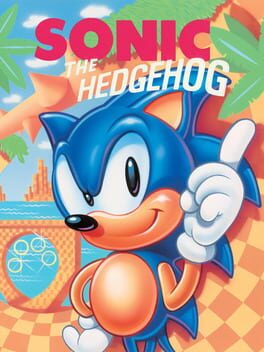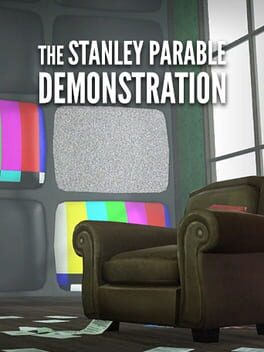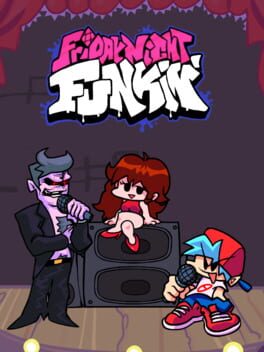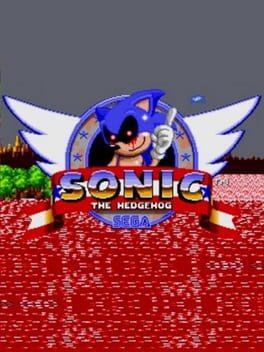ktoq
2016
2011
There is nothing novel anyone can say on Minecraft at this point. Its reputation as one of the best and most revolutionary games has been solidified; it has truly transcended its creator and become one of the all-time classics of gaming. I suppose the one thing I haven't seen said explicitly about Minecraft is how easily it acquiesces to different levels of complexity of play. Whether you're doing the simple stuff like placing flowers and building rectangular houses or constructing automatic farms that yield thousands of items a minute, the game always feels rewarding and enjoyable.
I feel like writing at any kind of length on each Higurashi chapters will get more difficult as time goes on, but I'll try; Tatarigoroshi takes what's to love about both games - the slowly coalescing paranoia of Onikafushi and the familial/historical drama of Watanagashi and fuses them in a way that still manages to remain novel and poignant.
One thing I've noticed as I've gone through the first 3 chapters is the trajectory away from a complete reliance on the supernatural. Oyashiro and curses still exist in the game, no doubt, but the most arresting and horrifying moments gain that distinction by being entirely real things, terrible unspeakables that happen every day in the walls of homes like ours. Without going in-depth, Tatarigoroshi uses the low fantasy world of Higurashi to explore these themes in an intelligent and heart-wrenching manner.
One gripe I had with this chapter is the pacing is probably the worst of any Higurashi chapter thus far; when it's good it's GOOD, but the slice-of-life segments feel a lot less substantial than previous chapters and the transitions between various aspects of the story can sometimes just come off as purely coincidental, rushed or odd.
One thing I've noticed as I've gone through the first 3 chapters is the trajectory away from a complete reliance on the supernatural. Oyashiro and curses still exist in the game, no doubt, but the most arresting and horrifying moments gain that distinction by being entirely real things, terrible unspeakables that happen every day in the walls of homes like ours. Without going in-depth, Tatarigoroshi uses the low fantasy world of Higurashi to explore these themes in an intelligent and heart-wrenching manner.
One gripe I had with this chapter is the pacing is probably the worst of any Higurashi chapter thus far; when it's good it's GOOD, but the slice-of-life segments feel a lot less substantial than previous chapters and the transitions between various aspects of the story can sometimes just come off as purely coincidental, rushed or odd.
Well-made narrative game about someone going through the pandemic. Feels a lot more hopeful than anything else I've seen about it - it truly evokes the hope and camaraderie that everyone seemed to brim with at the start of the lockdowns which is nice to see as the pandemic (seemingly, hopefully) now draws to a close.
1990
What am I supposed to say about Dr. Mario? I'm getting to that point in the "backlogging" process where I'm getting to the classic era games (late 80s early 90s type fare) where the games are often so basic conceptually - mostly out of necessity - that there usually isn't even a point in reviewing them. But, here I am. I dedicated myself to a 1:1 rating to review format and here we are.
Gameplay-wise, Dr. Mario is fun if a bit obtuse. Maybe it's just because I was a really stupid kid when I first played this, but I just could not figure out the mechanics of the game. But once you do, it's a pretty by-the-numbers tile matching game and is fun on the principle of that alone.
Whose idea was a "Dr. Mario" anyways? I''m really curious to get my hands on a time machine and go to the meeting where "Dr. Mario" was first propositioned as a concept. Nintendo wasn't shy about starting new IPs around this time, so it's weird that they'd tack Mario onto this game. Probably the most egregious Mario cameo to date at the time was when he was the referee in Punch-Out but there were original characters in that as well.
Looking around the origins of Dr. Mario, I found a prototype of the game called "Virus", instead of the viruses under a magnifying glass there was a picture of a dog you're trying to cure of the viruses, alongside a few other cosmetic changes. But lo and behold, Mario was still the doctor! What was the point of having Mario in it with no other notable characters and not calling it a Mario game? Was Mario a placeholder? Was this a Doki-Doki Panic situation where Dr. Mario was hurriedly adapted from some other virus-curing pill-throwing tile-matching doctor game? The world may never know...
Gameplay-wise, Dr. Mario is fun if a bit obtuse. Maybe it's just because I was a really stupid kid when I first played this, but I just could not figure out the mechanics of the game. But once you do, it's a pretty by-the-numbers tile matching game and is fun on the principle of that alone.
Whose idea was a "Dr. Mario" anyways? I''m really curious to get my hands on a time machine and go to the meeting where "Dr. Mario" was first propositioned as a concept. Nintendo wasn't shy about starting new IPs around this time, so it's weird that they'd tack Mario onto this game. Probably the most egregious Mario cameo to date at the time was when he was the referee in Punch-Out but there were original characters in that as well.
Looking around the origins of Dr. Mario, I found a prototype of the game called "Virus", instead of the viruses under a magnifying glass there was a picture of a dog you're trying to cure of the viruses, alongside a few other cosmetic changes. But lo and behold, Mario was still the doctor! What was the point of having Mario in it with no other notable characters and not calling it a Mario game? Was Mario a placeholder? Was this a Doki-Doki Panic situation where Dr. Mario was hurriedly adapted from some other virus-curing pill-throwing tile-matching doctor game? The world may never know...
1996
2020
2017
1992
An improvement on the original in every way. Most levels focus more on speed, and the introductions of diverging level paths and the spin dash respectively reward building up speed and get rid of the frustration of slamming into a wall - even the slower, more meticulous zones like Hill Top and Casino Night manage to be enjoyable.
1991
2020
Certainly has potential to be good, but it has a few teeming issues that I just can't ignore. Namely: the engine, the call-and-response style of gameplay leading to a lot of stretches where you just sit there, and the constant unrelenting Newgrounds pandering in lieu of quality content. There is certainly aspects to appreciate here though; the later weeks show ambition and promise and the modding support has been seriously great. I hope the Kickstarter goes places because this is a great demo.
2013
